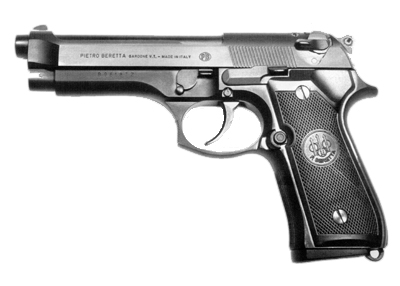Spain after General Franco
It is hard for most people to comprehend what a grip Francisco Franco had on Spain, but perhaps one story will illustrate it.
Franco would not allow X films to be shown in the country, but when he fell into a coma, the cinemas ordered them from abroad. Yet they still did not dare to show them – even though everyone knew he would never recover – until the day his death was announced. And on that same day, it is widely claimed, it was impossible to find a bottle of champagne in the whole of Madrid, because they had all been bought.
Yet Franco’s supporters still survived, for a few years, at least. Anyone reading El País, a liberal newspaper, anywhere in the vicinity of Goya Street was asking to get beaten up.
When the mayor announced the first celebration of Carnival since the war, he posted notices all over the city to say that citizens should be responsible when exercising their new freedoms, because the military was just looking for an excuse to take over. In fact, there was an attempted coup in 1991, which was foiled – many people believe – only by the decisive actions of the king.
But though there was still tension in Madrid, there was also a sense of freedom and of fun. Most Madilleños lived in cramped rented accommodation, without the luxury of air conditioning, and for most of the year they spent a great deal of their free time on the streets – chatting to their friends, walking from bar to bar to try the tapas, playing cards of bowls. The city buzzed, and it is this atmosphere – and this lifestyle – that Alan tries to capture in "A Murder of No Consequence", the first of the Paco Ruiz trilogy.




















